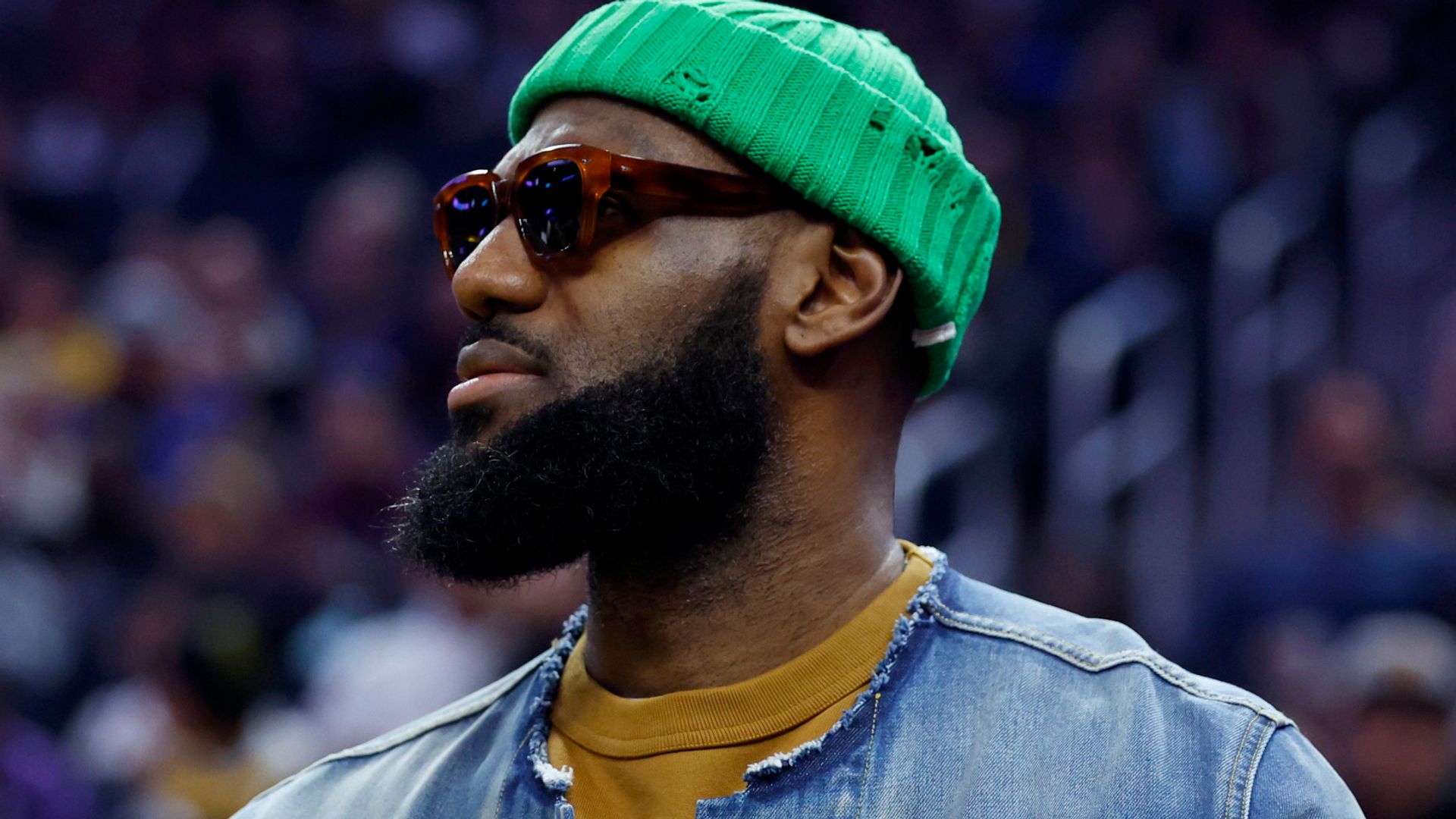Women Take Center Stage in Gun Rights Debate
In pro-gun messaging and marketing, women are portrayed as being empowered by firearms despite polls showing many oppose relaxed gun policies. The "defenders vs targets" argument has become especially critical as the Supreme Court considers a New York case involving individuals' rights to carry weapons.

As America’s relationship with guns and gun ownership has ebbed and flowed, the marketing tactics used to entice women to purchase firearms have begun to take center stage in the firearms debate.
In 1994, the Women & Guns magazine showed a white woman on the cover wearing a blue dress with an apron and pearls, cleaning a semi-automatic rifle in a kitchen.
More recently, gun manufacturers, sellers and advocacy groups have marketed firearms to women with themes of empowerment, aiming to demonstrate that women can protect themselves “from the dangers of the world,” USA Today reports.
Meanwhile, gun control proponents warn that relaxed gun policies leave women disproportionately vulnerable.
Are women defenders or targets — or both?
A majority of women believe that gun laws in the country should be more strict, USA Today reports, yet the connection between owning a gun and personal safety is resonating on some level for a growing number of women.
Preliminary results from the 2021 National Firearms Survey showed that women represented about 46 percent of new gun owners from January 2019 through April 2021. A key group contributing to the rise is Black women, who represented 28 percent of new female gun owners.
Some research found that women who experienced prior threats of gun violence by an abuser were more likely to report owning a gun for protection.
But, USA Today details that the question of whether guns make women feel safer is unique, and seemingly divergent, from the reality of whether women actually are safer with guns.
“The unsubstantiated claim is that having a gun in the home is going to make these women safer,” said Susan B. Sorenson, a professor with the University of Pennsylvania who researches firearms and violence against women.
Sorenson continued, “There’s no evidence of that. In fact, what we do have is information that indicates that if there’s a gun in the home, women are at higher risk of being murdered.”
On the opposite side of the argument, the Independent Women’s Law Center filed a legal brief for the New York Supreme Court case about guns touting a popular conservative concept, noting that firearms in the hands of women are the “great equalizer” between men and women.
“Women are often at a self-defense disadvantage. Having firearms allows them to be able to protect themselves from situations in which they might be in danger,” said Erin Morrow Hawley, a senior legal fellow with the Independent Women’s Law Center.
In talking with reporters, Hawley cited a 2002 analysis that found that 40 percent of civil protection orders were violated, arguing in favor of allowing women to carry guns.
This tension is reflected in a key U.S. Supreme Court Case, New York State Rifle & Pistol Association Inc. v. Bruen, which will soon determine how strictly states can regulate concealed carry licenses.
While the case doesn’t explicitly detail concerns about women’s safety, groups have argued that restricting these licenses will either protect women from violence or put them in greater danger.
This summary was prepared by Associate Editor Andrea Cipriano.

 Landwebs
Landwebs 




















